We’re in These Streets—Of Rip City!
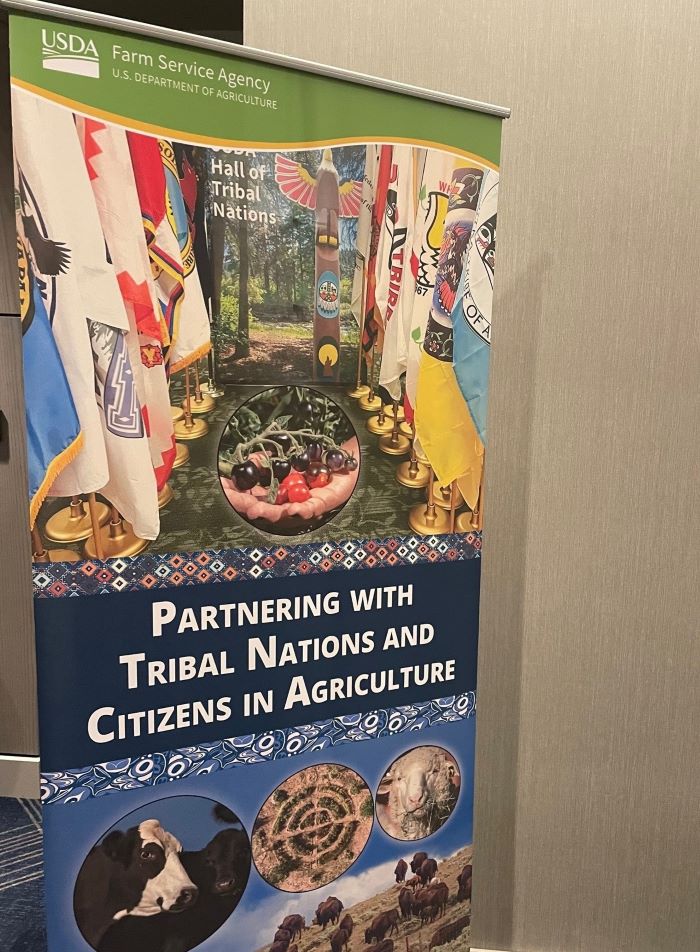
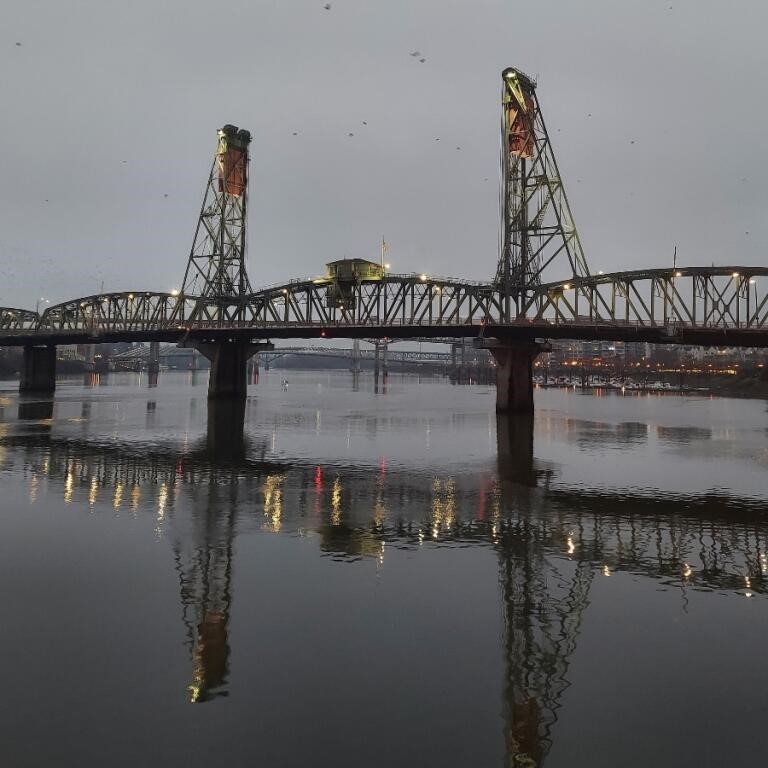
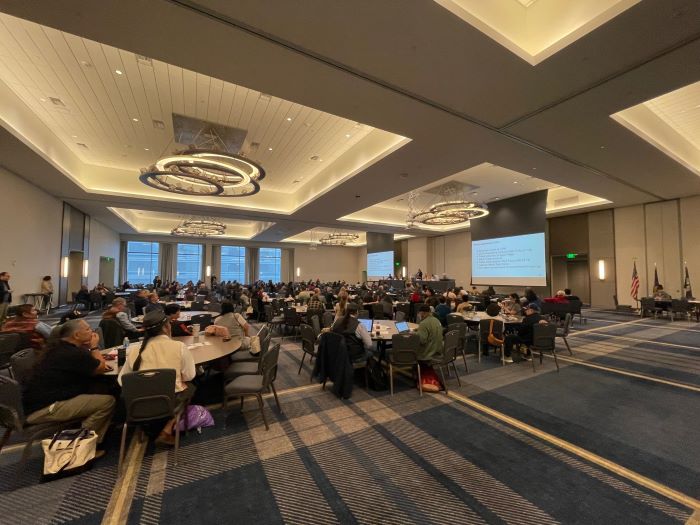
United Way of King County is out and about in your community! We’re keeping an eye and a pulse on happenings, events, organizations, and activities throughout King County as we work side by side with communities and partners to achieve an equitable future for everyone.
We’re in These Streets is a blog post that highlights your community. Last month, we joined members of local Indigenous groups in Portland for the Affiliated Tribes of Northwest Indians (ATNI) 2024 Winter Convention.
ATNI conventions are places for Indigenous tribes and groups to share best practices and develop policy positions.
We caught up with Jessica Juarez-Wagner (pictured above) of United Way-supported Potlatch Fund, who at the convention said that Pacific Northwest Indigenous organizations are creating a coalition to solicit local and national foundations for funding. Here’s what she had to say.
United Way of King County: Talk about your involvement with ATNI.
Jessica Juarez-Wagner: I’ve been coming to this conference for more than seven years. It was my first conference and my first tribal conference. I have sat in different shoes in this space, and now I am coming as a representative of Potlach Fund. About a year and a half ago, Potlach restarted the ATNI Philanthropy Committee; we held a co-chair space along with Native Americans in Philanthropy and one tribally elected official who serves on a lot of nonprofit boards. I am now co-chairing the philanthropy committee.
Our vision is to marry philanthropy and Indian Country in how we can utilize philanthropic dollars and move the needle to ensure Indian Country is being funded. Right now, Indian Country is funded at .04%, while we represent 2.5% of the population. If you take into account the history and the very, very, very, very clear and now acknowledged and stated history of the United States and the actual stealing of wealth—and the fact that these philanthropic organizations may have come from that wealth—how can they reinvest in the community that has stewarded the land and are still here and are resilient through it all?
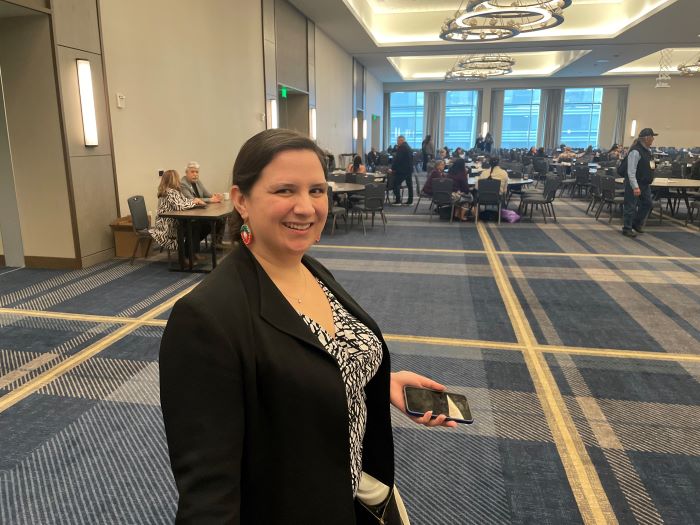
United Way of King County: What are you looking to raise philanthropic dollars for?
Jessica Juarez-Wagner: Housing grants, specifically, have been the first request from our tribal leaders. And a big opportunity here is a public-private partnership for money to unlock the ability to utilize state, federal, and local dollars we receive.
Tribes are told they only need to match funding at 5%, but when it’s an investment of $5 million, a 5% match becomes a burden that tribes can’t carry. So how can we utilize philanthropic dollars to cover that match so that tribes can unlock that $5 million? What’s really cool is that you can tell a funder that [in investing in ATNI], your pennies will become dollars.
United Way of King County: Is this for Affiliated Tribes or Northwest Indians?
Jessica Juarez-Wagner: Yes, we are the only regional tribal grouping that has a philanthropic committee. ATNI celebrated its 70th year last year. We’re made up of groups from Washington, Oregon, Idaho, Montana, parts of Northern California, and parts of Alaska and Wyoming.
Potlatch Fund is a member of the Indigenous Communities Fund, which United Way launched in 2020 to provide Indigenous communities with resources to address COVID-19’s impact.
United Way of King County: This year’s ATNI Conference has also focused on natural resources (particularly water) and agriculture. What are other areas that you would like to lift up for United Way of King County’s donors and our content readers?
Jessica Juarez-Wagner: Natural resources is almost always one of our most packed committees because it affects everything. I attended a presentation about the shrinking of someone’s reservation. The reservation was promised, and it was supposed to be from the Cascade River to the Columbia River to this space. Then the government found out that the soil was really good, so they cut it in half and farmers got one portion. Then they found gold in the north portion, and they shrunk it again.
I overhead a woman say to the person seated next to her, “But water is worth more than gold.” Access to water, access to trees, to natural resources, to our salmon, to our traditional foods, to healthy waterways, creates healthy people. This land is what has kept these people alive since the beginning of time. How do we ensure that this land stays a healthy space, not just for this generation but in perpetuity?

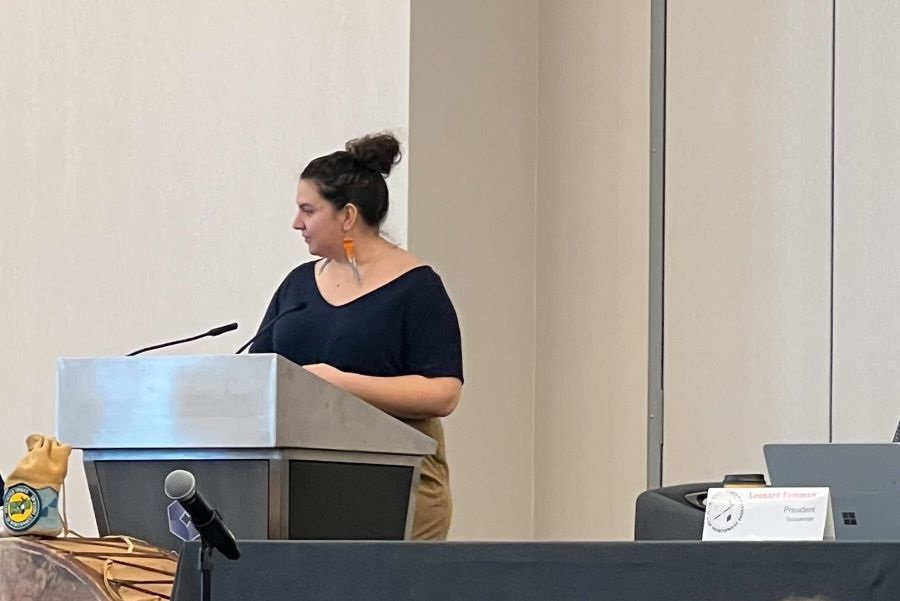
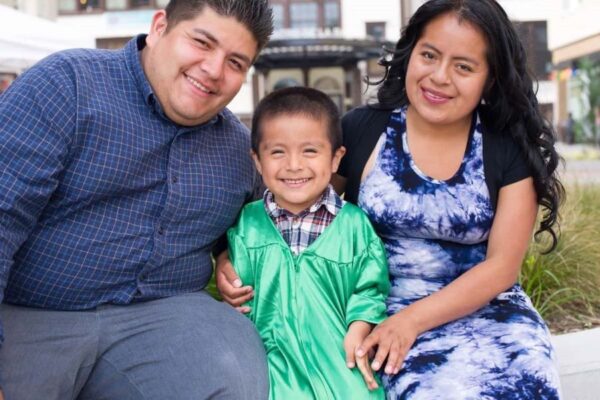
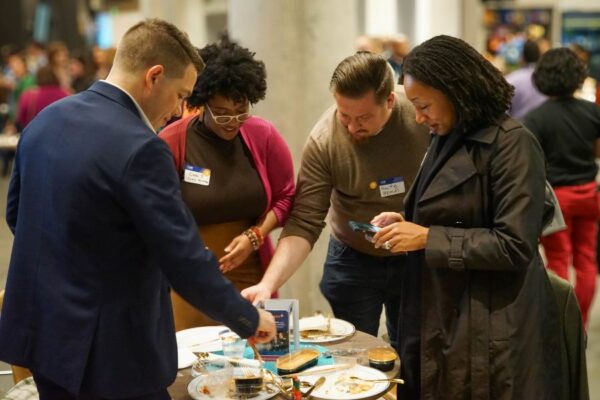
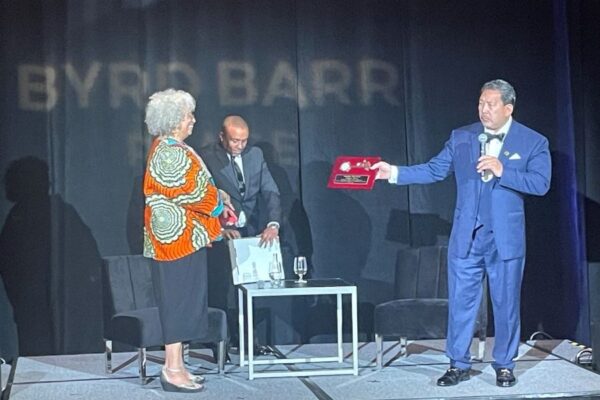
Comments